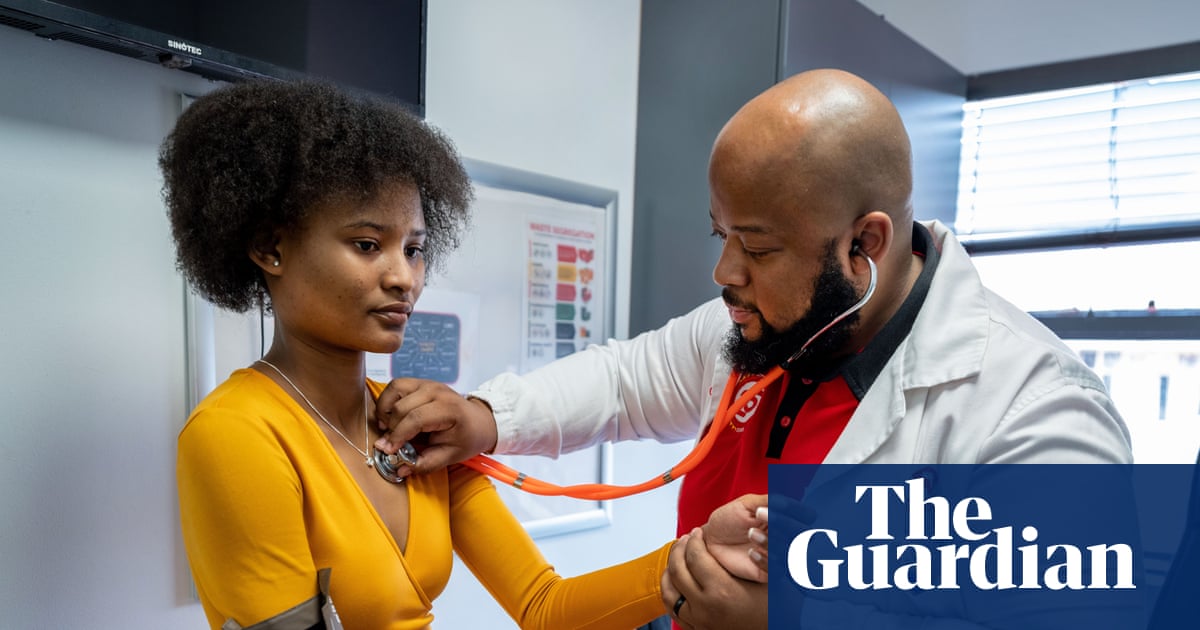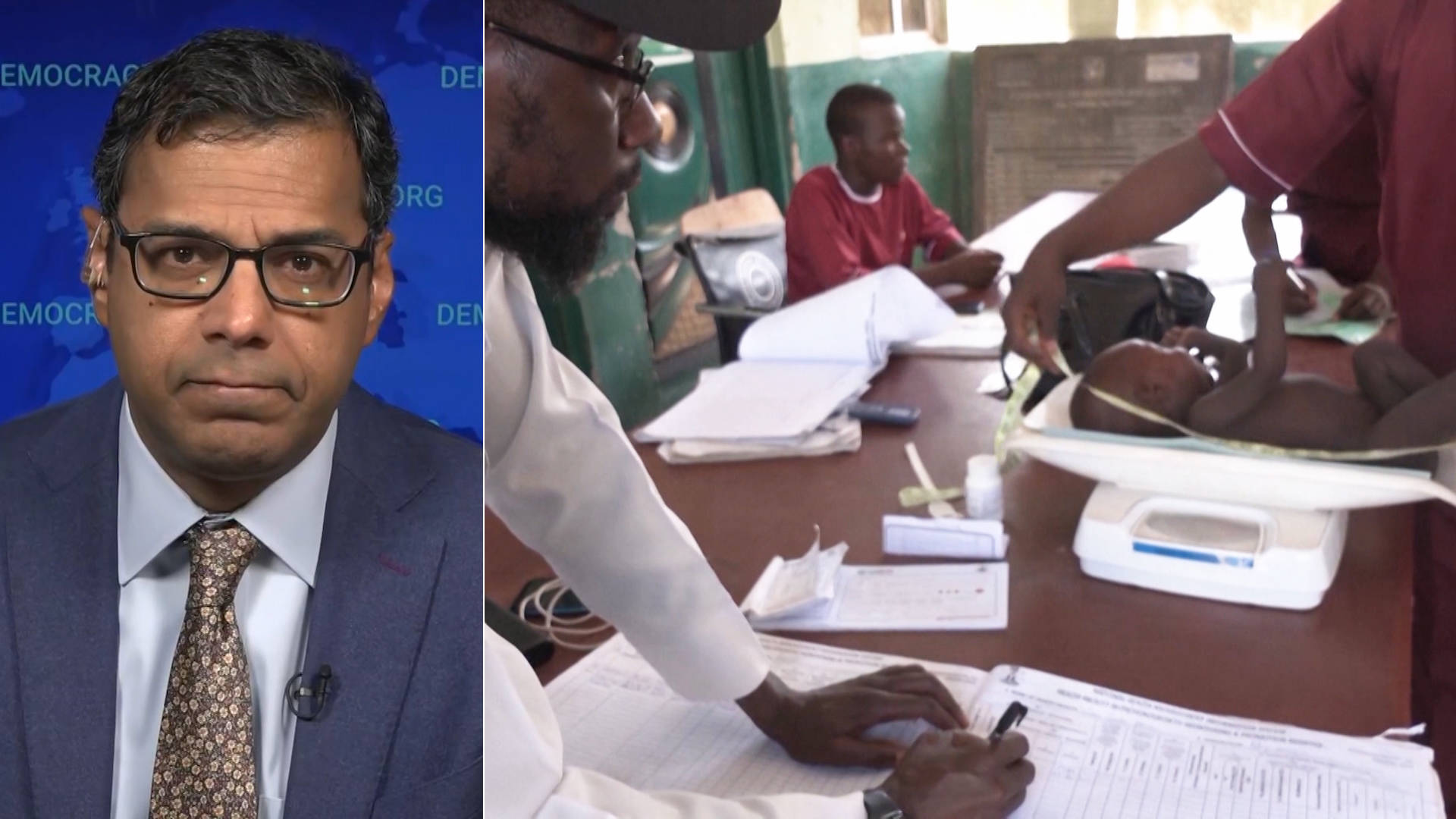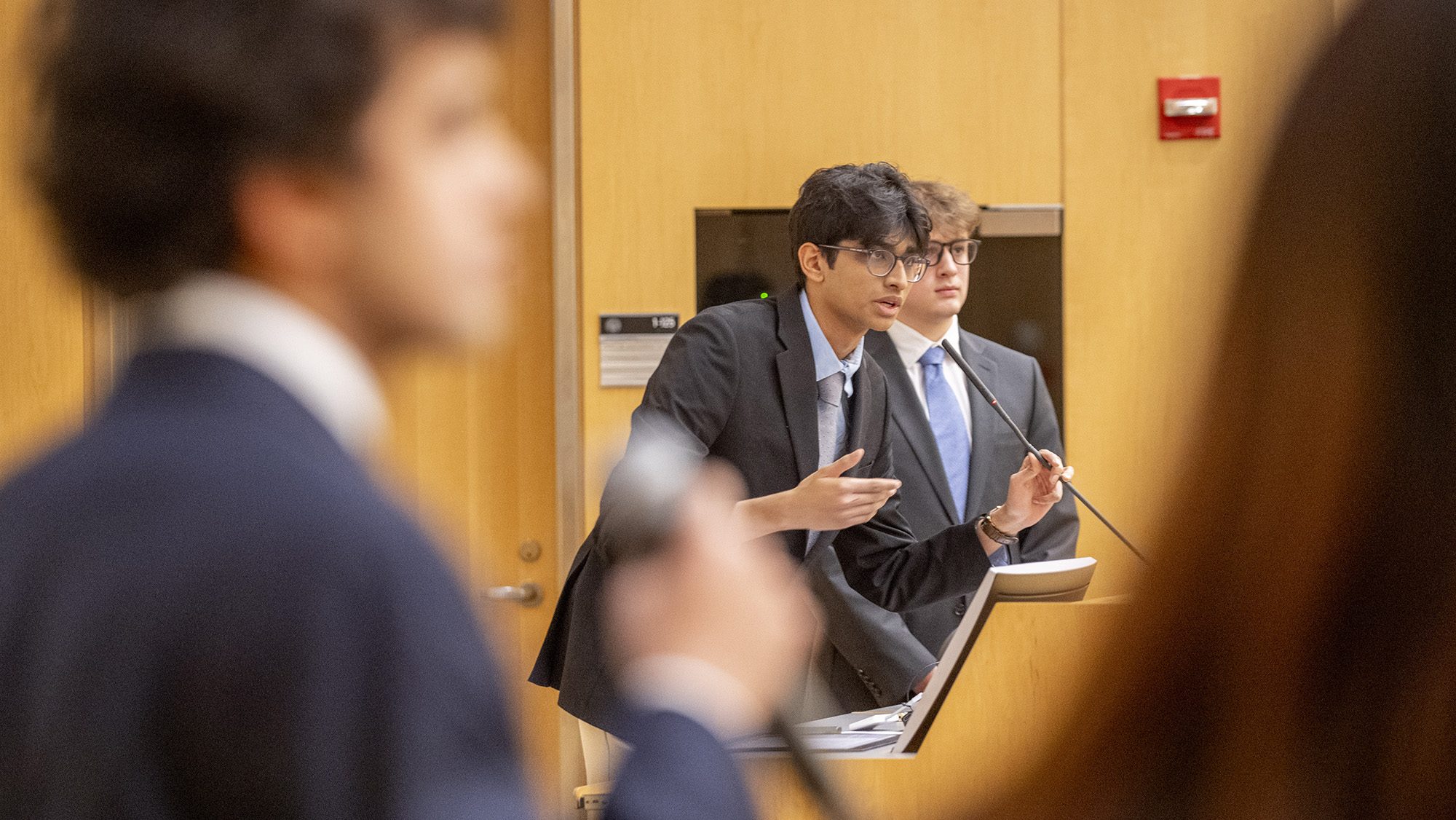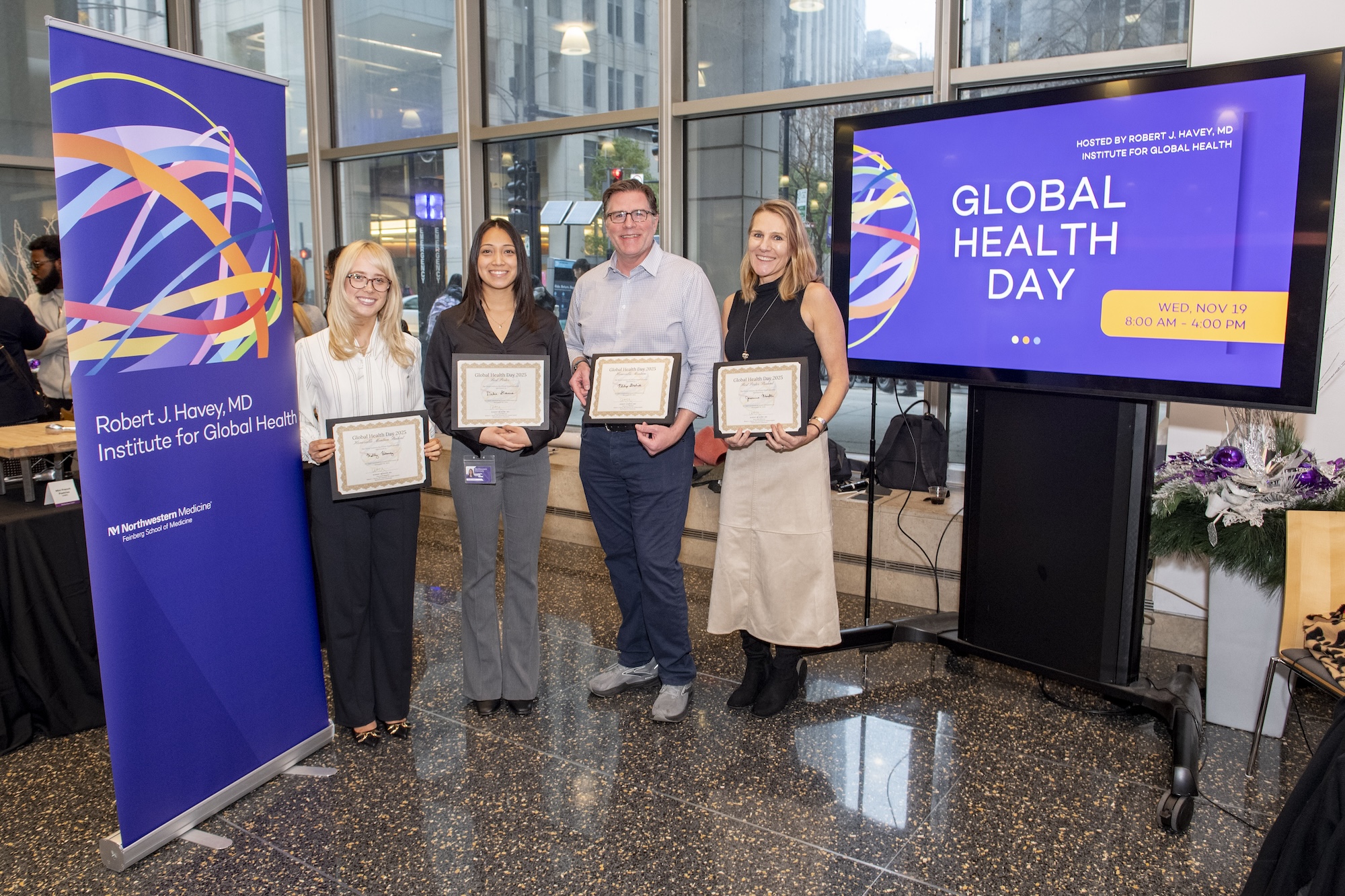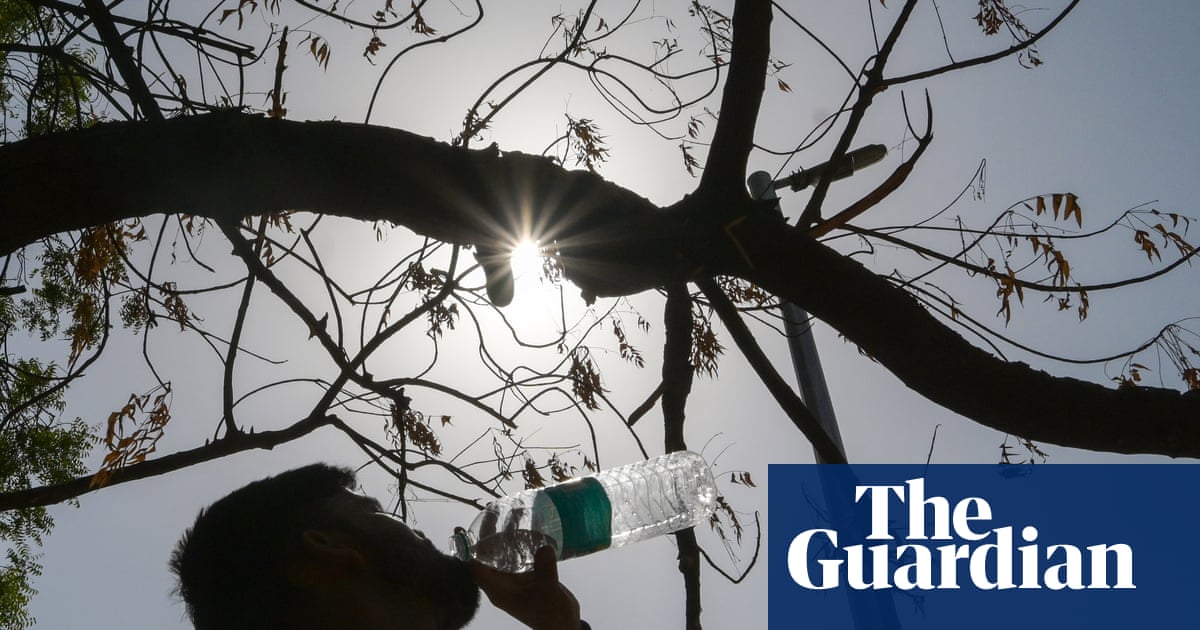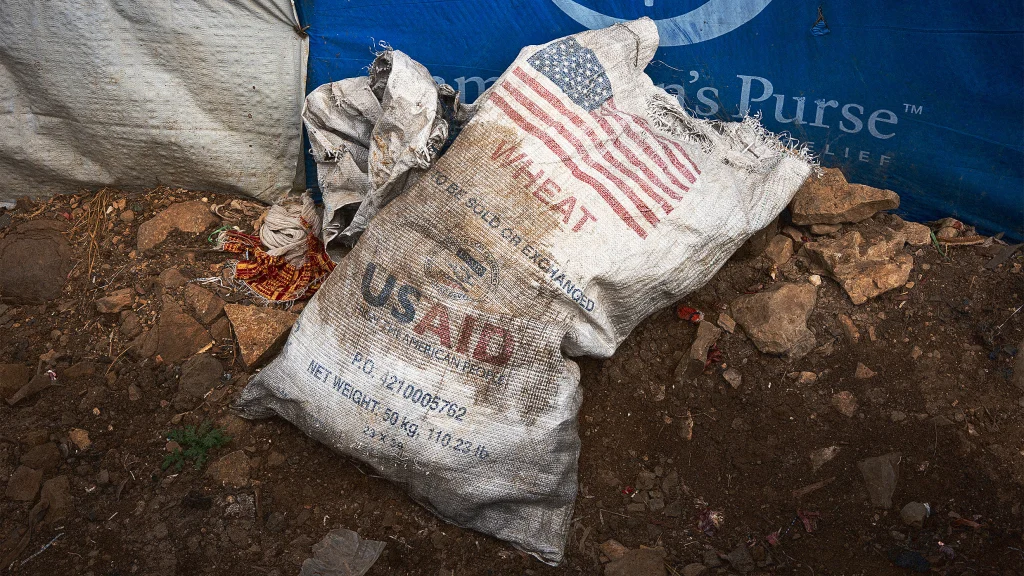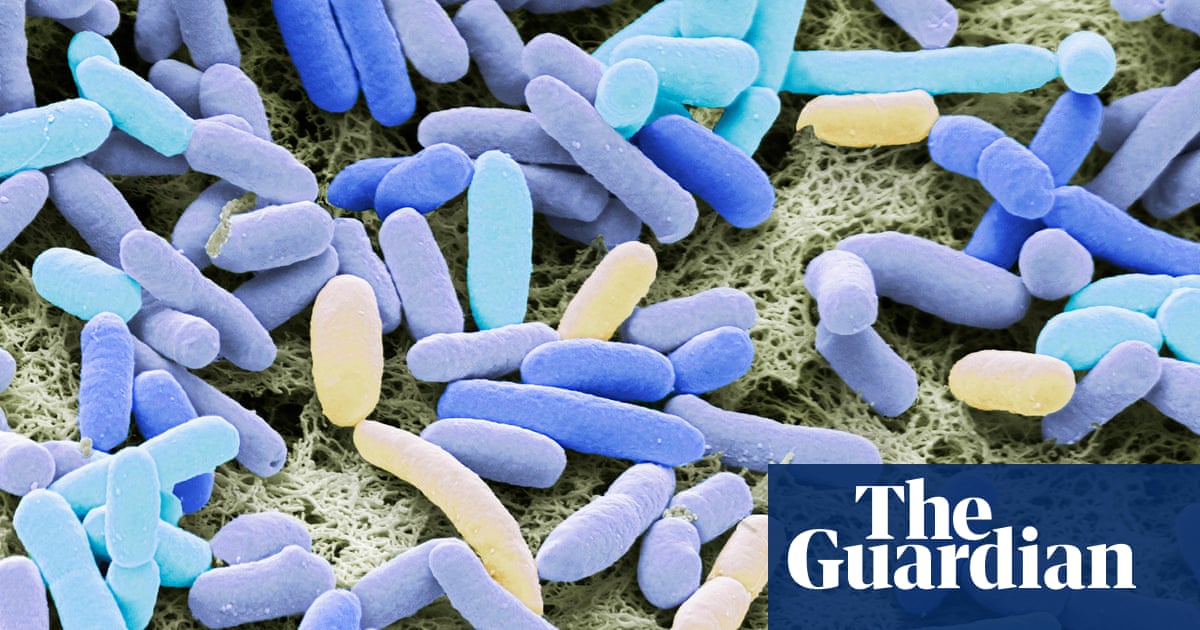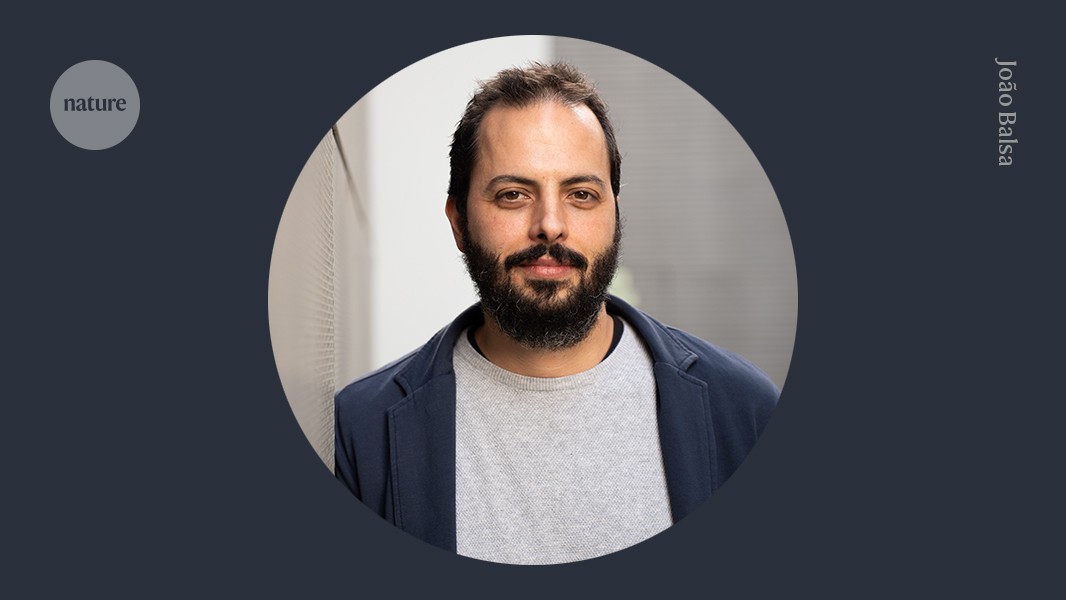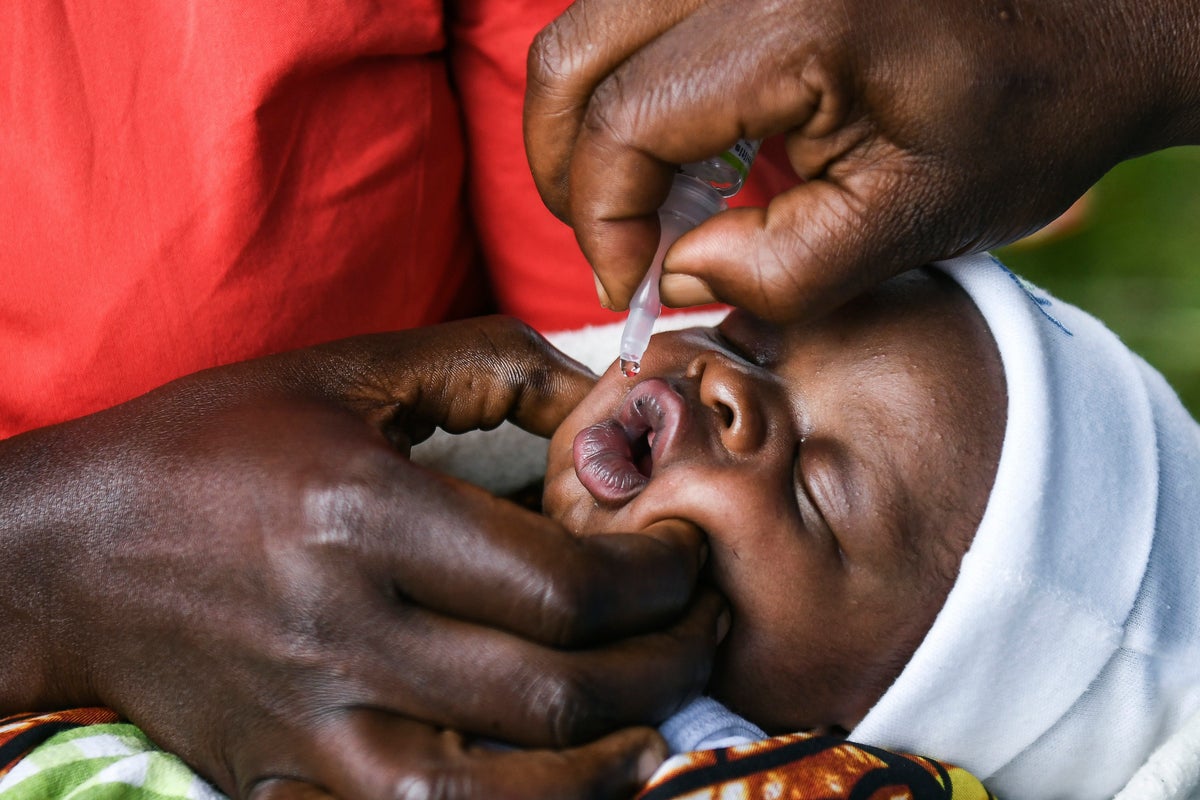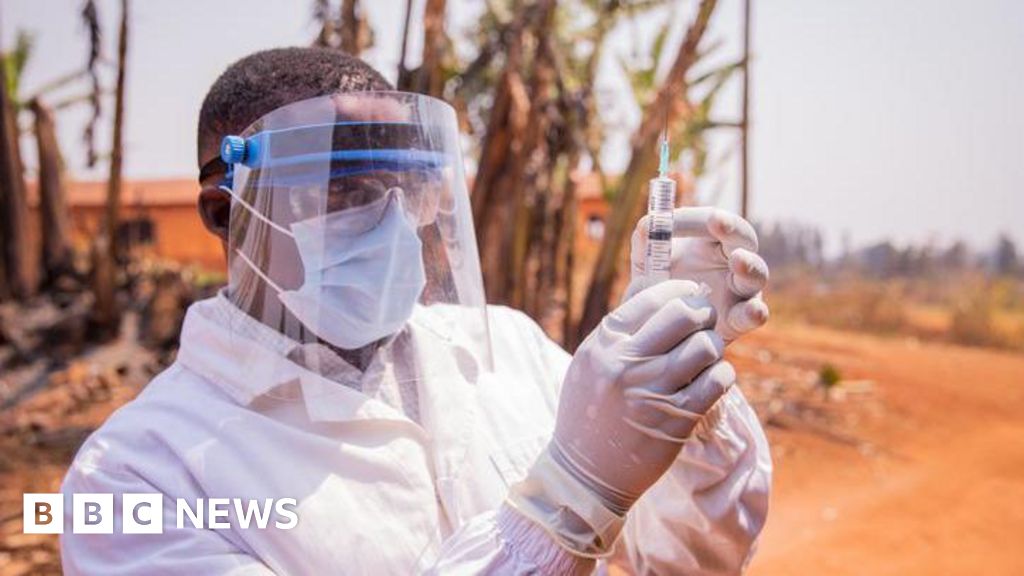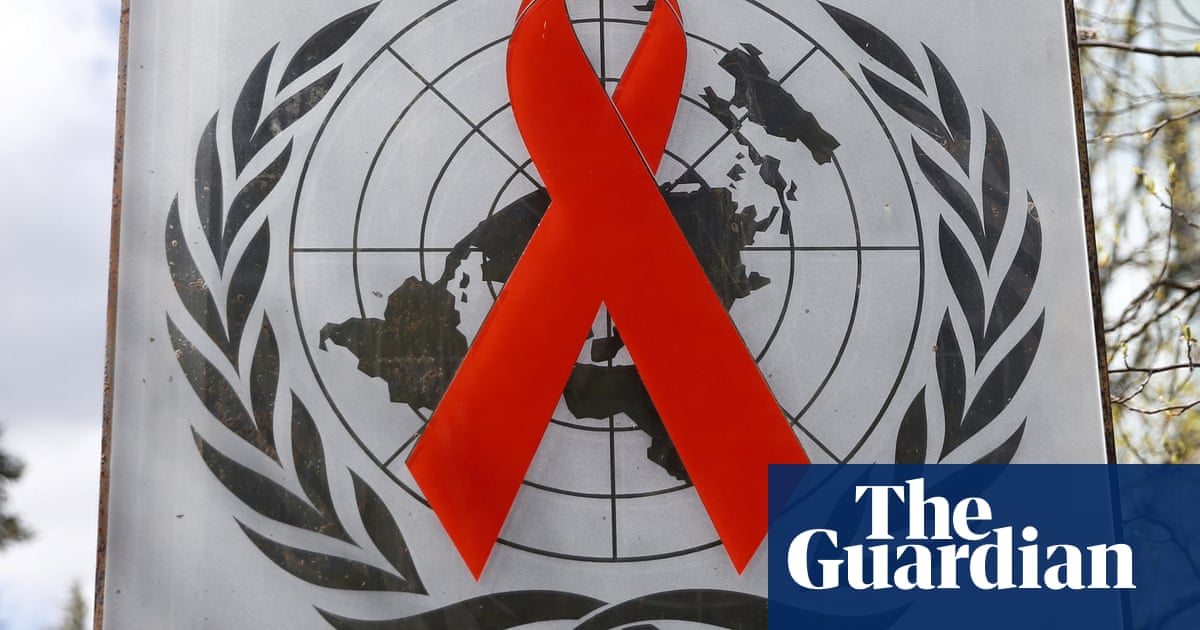#global-health
#global-health
[ follow ]
#hivaids #foreign-aid #philanthropy #us-foreign-aid #child-mortality #aid-cuts #climate-change #usaid #funding-cuts
fromwww.theguardian.com
2 weeks agoAid cuts could cause 22m avoidable deaths by 2030, study finds
Aid cuts could lead to more than 22 million avoidable deaths by 2030, including 5.4 million children under five, according to the most comprehensive modelling to date. In the past two decades there have been dramatic falls in the number of young children dying from infectious diseases, driven by aid directed to the developing world, researchers wrote in the Lancet Global Health. But that progress was at risk of reversal because of abrupt budget cuts by donor countries, including the US and the UK.
Public health
fromwww.independent.co.uk
2 weeks agoNearly 23 million extra deaths worldwide by 2030 as aid cuts bite, study says
From reproductive rights to climate change to Big Tech, The Independent is on the ground when the story is developing. Whether it's investigating the financials of Elon Musk's pro-Trump PAC or producing our latest documentary, 'The A Word', which shines a light on the American women fighting for reproductive rights, we know how important it is to parse out the facts from the messaging. At such a critical moment in US history, we need reporters on the ground.
US politics
fromwww.mercurynews.com
2 weeks agoToday in History: February 1, space shuttle Columbia destroyed during re-entry
On Feb. 1, 2003, the space shuttle Columbia broke apart as it re-entered the Earth's atmosphere, killing all seven crew members: commander Rick Husband; pilot William McCool; payload commander Michael Anderson; mission specialists Kalpana Chawla, David Brown and Laurel Clark; and payload specialist Ilan Ramon. Also on this date: In 1865, abolitionist John S. Rock became the first Black lawyer admitted to the bar of the U.S. Supreme Court.
World news
fromFortune
3 weeks agoGates Foundation plans to give away $9 billion in 2026 to prepare for the 2045 closure while slashing hundreds of jobs | Fortune
This year, the Gates Foundation will spend a record $9 billion and cut as many as 500 staff jobs during the next five years as the world's largest private foundation plans to shutter. The foundation's motivation for its move is to accelerate giving to global health, poverty, and education, helping beneficiaries take ambitious bets now rather than maintaining operations indefinitely. These moves underscore how one of the defining philanthropic institutions of this century is reconfiguring for its sunsetting era.
Fundraising
fromwww.npr.org
1 month agoAbout Us: Global Health and Development
NPR's global health and development team tells stories about life in our changing world, focusing on low- and middle-income countries also referred to as the Global South. And we keep in mind that we're all neighbors in this global village. NPR receives financial support for this team from the Gates Foundation. NPR is solely responsible for all content. Find more about NPR's standards and practices at NPR.org/ethics, as well as a list of our philanthropic supporters in our annual report.
Public health
fromwww.npr.org
1 month agoWhy is the U.S. pulling out of 31 U.N. groups? And what's the impact?
"This is a ridiculous and dangerous, thoughtless and malicious action," says Nina Schwalbe, a senior scholar at the Georgetown Center for Global Policy and Politics, who has been a critic of the Trump administration's cuts to global health. "He withdrew from the World Health Organization [almost a year ago], which was the first sign of his withdrawal from multilateralism. He cut down a tree. Now he's cutting down the whole forest," she says. "The implications are going to go so far and wide from children's education to climate change to art and culture. He's just taken a bazooka and blown the whole thing apart."
US politics
Public health
fromwww.npr.org
1 month agoFrom chess to a medical mystery: Great global reads from 2025 you may have missed
Underappreciated Global South stories cover childhood transitions, inheritance customs, children’s play amid crises, health-system responses to aid cuts and Ebola research, and India’s chess rise.
fromwww.theguardian.com
1 month agoReform plan to cap aid at 1bn would damage UK's international influence, critics warn
Plans by Reform UK to slash the aid budget by 90% would not cover existing contributions to global bodies such as the UN and World Bank, shredding Britain's international influence and risking its standing within those organisations, charities and other parties have warned. Under cuts announced by Nigel Farage in November, overseas aid would be capped at 1bn a year, or about 0.03% of GDP.
UK politics
Public health
fromwww.independent.co.uk
2 months agoKeir Starmer: Protect what's left of the UK's funding to end the Aids pandemic
The Independent funds frontline, paywall-free journalism and calls for protection of British global HIV funding to prevent millions of deaths and rising drug-resistant strains.
Public health
fromPinkNews | Latest lesbian, gay, bi and trans news | LGBTQ+ news
2 months agoHIV prevention sees the worst setback in decades, UN report warns
Global HIV prevention efforts face a major setback as international funding cuts could cause over 3.3 million new infections within five years.
Public health
fromHarvard Gazette
3 months agoIn the grip of 'horror and anger,' Gawande grows more determined - Harvard Gazette
Atul Gawande promotes patient-first, systemic health improvements and urgent global public-health action to prevent avoidable suffering and extend life-saving advances to all.
fromNature
3 months agoHow COVAX raced to protect the world from COVID-19
Most people don't like getting vaccines, much less seeing their children have needles poked into their thighs and arms. But context can change that. Besieged by terrifying outbreaks of paralytic polio and the spectre of iron-lung respirators, many parents were happy to see their children receiving the first polio vaccinations in the 1950s. Similarly, when I got my first COVID-19 vaccine, it instantly relieved the sense of existential dread that I had felt for almost a year as the death toll rose.
Public health
Environment
fromFast Company
3 months agoBill Gates thinks it's time for a 'strategic pivot' in the global climate fight
Scientific innovation can curb climate change, enabling a strategic pivot toward reducing suffering by prioritizing poverty alleviation and disease prevention over strict short-term temperature limits.
fromwww.theguardian.com
3 months agoCholera is spreading fast, yet it can be stopped. Why haven't we consigned it to history? | Hakainde Hichilema and Tedros Adhanom Ghebreyesus
The last outbreak of cholera in Britain was in 1866; in the United States there has not been an outbreak since 1911. And yet today people are sick with this ancient disease in 32 countries, with more than 6,800 deaths reported so far this year already exceeding all of last year's toll of 6,000 deaths, which was itself a 50% increase on 2023.
Public health
fromwww.npr.org
4 months agoStudy: We're losing the fight against drug-resistant infections faster we'd thought
Antibiotics have turned once deadly infections into minor inconveniences. They make lifesaving interventions, from surgery to chemotherapy, safer. But every time this powerful tool gets used, there's a risk antibiotic resistance. Out of the billions of bacteria causing an infection in an individual, some small fraction may be naturally resistant to a given drug. Taking an antibiotic can clear the field for those resistant bacteria to spread.
Public health
US politics
fromwww.theguardian.com
4 months agoUS undermining global health' by threatening to strip funding from aid projects that do not fit its political agenda
The Trump administration will condition US foreign funding on foreign governments, NGOs and international bodies abandoning DEI initiatives, extending the Mexico City policy to new actors.
fromwww.npr.org
4 months agoThere was a different vibe at the U.N. General Assembly. 5 attendees weigh in
Dr. Solomon Zewdu is based in South Africa and he says the thing that struck him most this General Assembly is that global health leaders are "talking in silos." "We're not hearing each other," he says. Some are having conversations about how dependent countries are on aid, while others are lamenting the cuts. "But now, what's the next step? Let's move on. There's urgency. Time kills people," he says. He's afraid "everybody's going to scatter, and then we might wait for the next summit to happen and, in between, people dying, people's health is being compromised."
Public health
Public health
fromFortune
4 months agoBill Clinton warns Trump's aid cuts could fuel 6 million new HIV cases-and is unveiling a $40 drug plan to fill the gap | Fortune
Rising political violence, aid and health-program cuts, attacks on science and education, and threats to free speech and HIV funding are urgent global and national concerns.
World news
fromIrish Independent
5 months agoMary Robinson condemns 'unfolding genocide' in Gaza, but steers clear of presidential comment as she is honoured in Dublin
Mary Robinson received the RCPI Stearne medal for outstanding contributions to global health, humanitarianism, human rights, and reframing climate change as a human-rights issue.
fromwww.mediaite.com
5 months agoTrump Nods Along as Bill Gates Touts Vaccines at White House Tech Dinner
Gates declared he was in the second phase of his career, focusing on areas like vaccines or gene editing. He continued: We don't need new science to eradicate polio, but heralded Trump's past pandemic vaccine drive when adding on diseases like HIV and sickle-cell, we do need new science, but the U.S. has the seeds, the same that Warp Speed' took those seeds and put them together.
US politics
Public health
fromNature
6 months agoDavid Nabarro obituary: global-health leader who fought malnutrition, malaria, Ebola and COVID-19
David Nabarro led global health responses—malnutrition, malaria, Ebola, COVID-19—advocated nutrition and sustainable development, and built partnerships at DFID, WHO and the UN.
fromInsideHook
6 months agoReport: WHO Emergency Declaration Hasn't Stopped Mpox
The extremely limited availability of mpox vaccines in DRC has already drastically reduced the reach of the national strategic plan for vaccination against mpox. This means that without improved access to vaccines, thousands of people may be left unprotected.
Public health
Women
fromFortune
6 months agoJust 1% of health R&D targets women. The Gates Foundation aims to change that with $2.5 billion push
Women live longer than men but have shorter health spans.
Bill Gates is investing $200 billion to improve global health focusing on women and children.
Only 1% of healthcare R&D is focused on female-specific conditions.
fromenglish.elpais.com
7 months agoThe challenge at UN aid conference: Governments cannot paper over the cracks in development funding
World leaders face immense challenges in securing funds for development. Aid cuts have disrupted health and humanitarian work while economic instability drains government resources.
US politics
[ Load more ]

